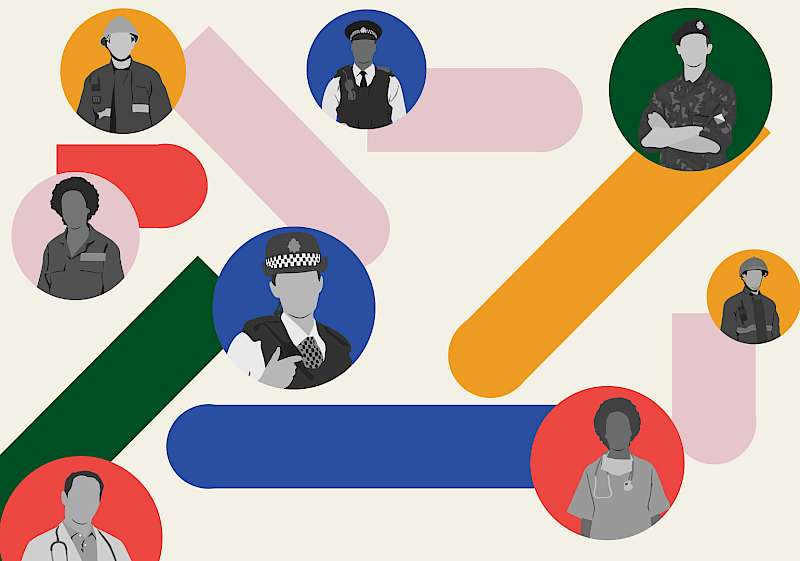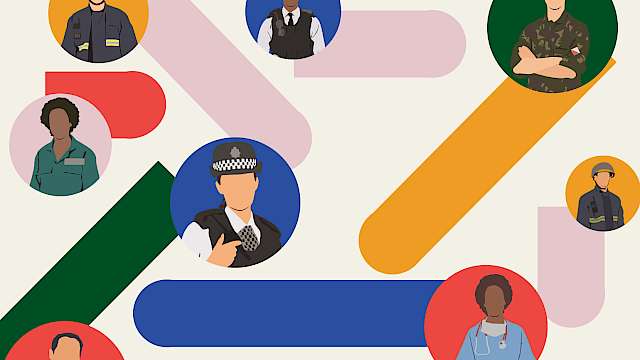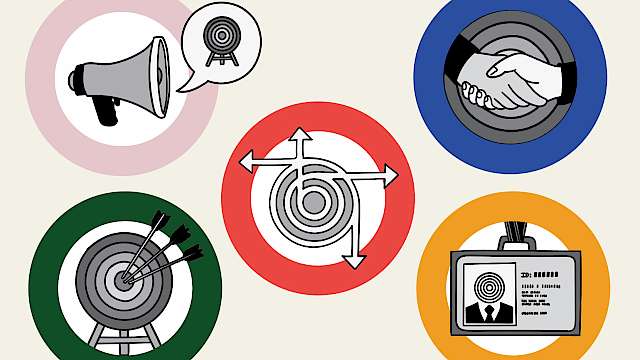
The Psychology of Interoperability: Building Better Multi-Agency Counter-Terrorism Training (INTEROP)
The Manchester Inquiry into the 2017 marauding terrorist attack (MTA) at the Manchester Arena argued that interoperability between the emergency services had failed with catastrophic consequences for public life. Sir John Saunders, chair of the inquiry, stated how JESIP, which has been charged with training and improving interoperability for the Emergency Services since 2012, had not worked. He questioned why interoperability was not second nature to responders during MTAs and specifically asked what type of training is required.
The proposed research will address this question by:
- developing understanding of the psychology of interoperability
- creating an objective framework to measure interoperable behaviours
- designing a novel proof-of-concept training intervention, rooted in theories on social-organisational identities, to promote greater psychological buy-in to interoperability.
Project resources
Academic Publications
The psychology of interoperability: A systematic review of joint working between the UK emergency services
Emergency responding requires effective interoperability, whereby different emergency teams combine efforts and expertise to contain and reduce the impact of an emergency. Within the United Kingdom, the capacity for the Emergency Services to be interoperable has been criticized by public enquiries. This systematic review had three goals to: (i) define interoperability; (ii) identify the structural principles that underpin interoperability and (iii) identify the psychological principles that outline how interoperability can be achieved. A PRISMA framework was used to identify 137 articles, including 94 articles from the systematic review, 15 articles from grey literature and 28 articles based on author expertise. We identified two structural principles of interoperability: (i) being able to communicate and exchange information effectively; and (ii) having a decentralized and flexible team network. We identified three psychological principles that informed how interoperability might be embedded in the team: (i) establishing trust between team members; (ii) developing secure team identities and (iii) building cohesive goals. We defined interoperability as a shared system of technology and teamwork built upon trust, identification, goals, communication and flexibility. Regular psychologically immersive training that targets these psychological principles will help to embed interoperability into the social fabric of multi-team systems operating in high-reliability organizations.
(From the journal abstract)
Power, N., Alcock, J., Philpot, R., & Levine, M. (2023). The psychology of interoperability: A systematic review of joint working between the UK emergency services. Journal of Occupational and Organizational Psychology, 00, 1–20. https://doi.org/10.1111/joop.12469





